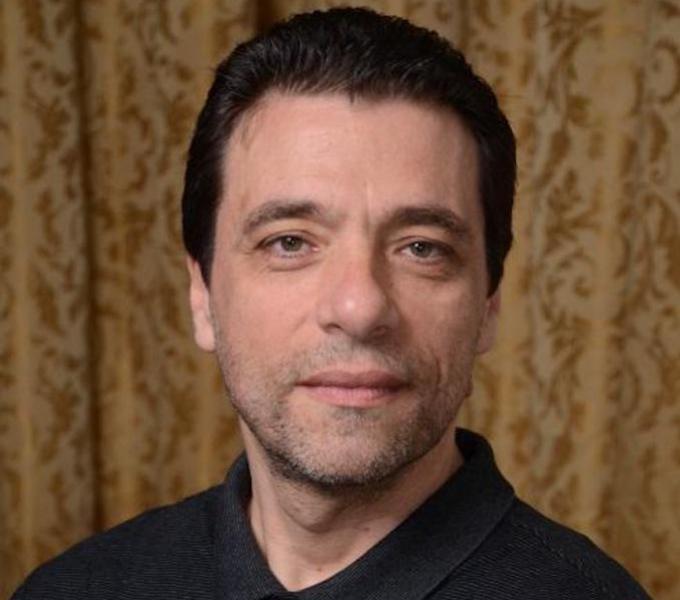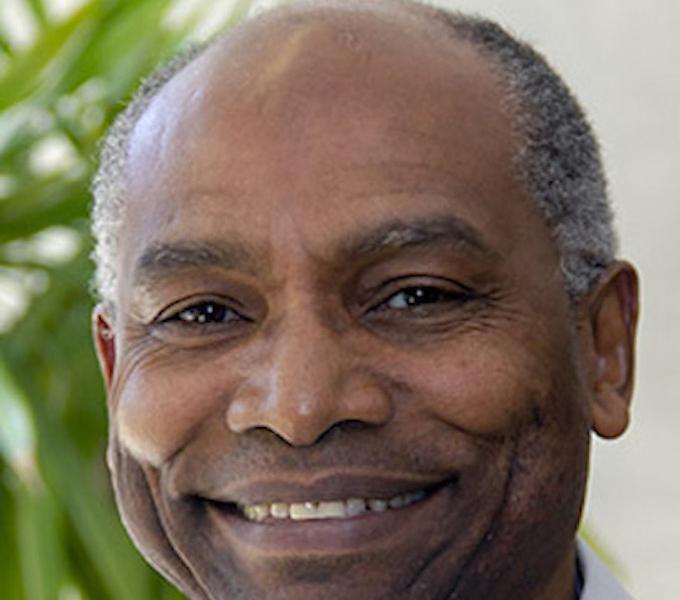Faculty

Modeling of CNS infections using induced pluripote; Modeling schizophrenia using induced pluripotents; Development of three-dimensional neuronal platform.

Steroid hormone action in neural stem cells and cancer
*Currently accepting Graduate Students

We are developing novel chemical tools to investigate biological processes in Chemical Biology, using a multidisciplinary approach that includes small molecule synthesis, medicinal chemistry, and protein engineering.
*Currently accepting Graduate Students

The metabolic regulation of T cell function, with a specific focus of those T cells that infiltrate the nutrient-poor tumor microenvironment.
*Currently accepting Graduate Students

HSV gene expression in productive and persistent infections
*Currently accepting Graduate Students

Research in the Dermody laboratory focuses on the molecular mechanisms of Mammalian Orthoreovirus (reovirus) and Chikungunya virus infections.
*Currently accepting Graduate Students

The central goal of my lab is to explore the structure-function properties and antimicrobial mechanisms of cationic amphipathic peptides to develop peptide-based therapeutics for drug-resistant infections and cancer.

Conducts research in the areas of pharmaceutical policy and mental health, and has particular expertise in the Affordable Care Act.

When communicating with others, we have limited ability to appreciate their perspectives and knowledge, a phenomenon that extends even to our own beliefs prior to having learned what we now know. This limitation may explain in part why experts so often neglect public input when developing communications. As a result, the public often doesn’t get the messaging it needs to support sound decisions. Through my research, I have set out to bridge this gap, identifying ways of improving perspective taking to translate subject-matter expertise into accessible guidance, so that people might use what otherwise seems to be unusable information.
In some cases, people lack the ability to apply or integrate information that they otherwise would find useful for their decisions. In other cases, the experts have misjudged what people actually need or want to know to help guide them to a more satisfactory decision. I pursue this goal by making technical information more usable (e.g., calorie information for improving food choices), by shifting communications to decision-relevant concepts (e.g., adolescent sexual behavior, which is driven more by social influences than by perceived risk), by improving user interfaces to help the public understand what the experts need from them (e.g., risky online behaviors and self-report data collection), and by contextualization of risk (e.g., shifting from decontextualized assessment of a person’s overall risk level to a behavior-congruent identification of strategies for risk reduction).
These areas of research highlight domains in which communication can be improved by assessing what people need to know and what they value as a prerequisite for intervening to improve decision making. This approach requires meaningful interdisciplinary collaboration to establish domain-specific content that needs to be made accessible, and to this end I work closely with experts in numerous fields including public health, medicine, computer science, robotics, and engineering. In addition to informing strategies for improving decision-relevant policy, my research seeks to affect public welfare directly by building and evaluating tools that help individuals make better decisions.

Research in the Duncan lab focuses on liver development, homeostasis, and regeneration.
*Currently accepting Graduate Students
